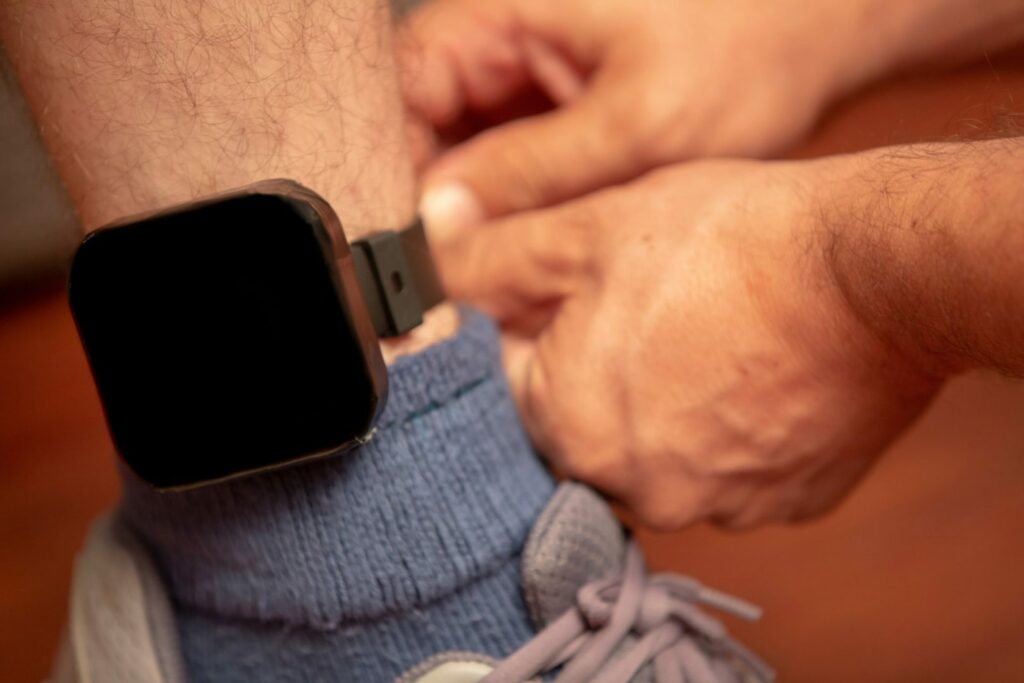Home confinement is typically house arrest that is granted to people coming to the last 12 to 18 months of a federal prison term.
It is also a practice that some people facing pretrial can qualify for in lieu of waiting for their trial date in prison.
Over the last couple of years, the terms and qualifications of home confinement have expanded. Let’s examine what home confinement is, its terms, and how a bail bond can bring you closer to a more comfortable situation.
What is House Arrest?
Home confinement is a term that’s interchangeable with house arrest. In both situations, you carry out your sentencing from home and are only able to leave the home under specific conditions.
The address you live at during home confinement is one that US Probation and the courts approve. If you move from one home to another during a home confinement period, a probation officer must inspect and give the “all clear” for the person to live at the new location.
What Are the Different Levels of House Arrest?
When a person is under home confinement they are attached to an electronic monitoring device that tracks their moves inside and outside of the home. Home confinement can involve curfews, home detention, or complete home incarceration.
The details of how restrictive an offender’s home confinement depends on the severity of their crime.
Restricted Curfew
This form of confinement usually requires a person to be in their home during non-working hours. This person will have defined hours where they must be in the home but are otherwise able to go outside of the house.
Home Detention
Home detention means that a person is required to remain in their home during all hours of the day unless they are granted specific passes to leave the house.
Some pre-approved destinations include:
- Work
- School
- Doctor’s appointments
- Attorney appointments
- Church
Home Incarceration
This is house arrest and is 24-hour confinement to the home unless there are court-approved appointments involved like doctor’s appointments and court appearances.
What if You Violate House Arrest Terms?
If you violate your home confinement terms, you are at the complete mercy of your probation officer. Depending on the reason behind the probation violation you may either receive a warning or an order to appear in court where you are likely going to be sent back to prison.
How Do You Qualify for House Arrest?
In order to qualify for home confinement, a person must meet the following requirements:
- They do not have a history of violence
- Their home has access to a landline phone
- They have a stable home in or near the county where they were charged
- They can follow the rules of their electronically supervised confinement
House Arrest Puts You One Step Closer to Being With Your Loved Ones
If you’ve been arrested in Arlington and know that you are likely to be charged for your crime, make sure to apply for a bail bond as soon as possible. The bondsmen at Big Bubba’s Bail Bonds can help you get out of your initial jail stint and give you the chance to build up your case for your first hearing.
We are open 24/7 and there’s no bail we can’t cover. Reach out to us today to start your application!




